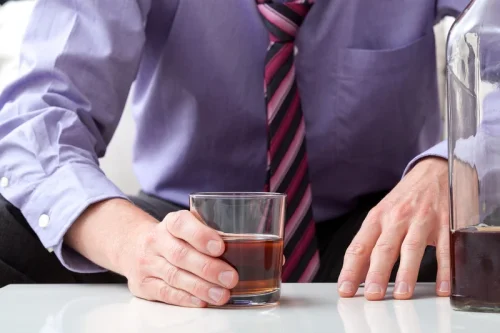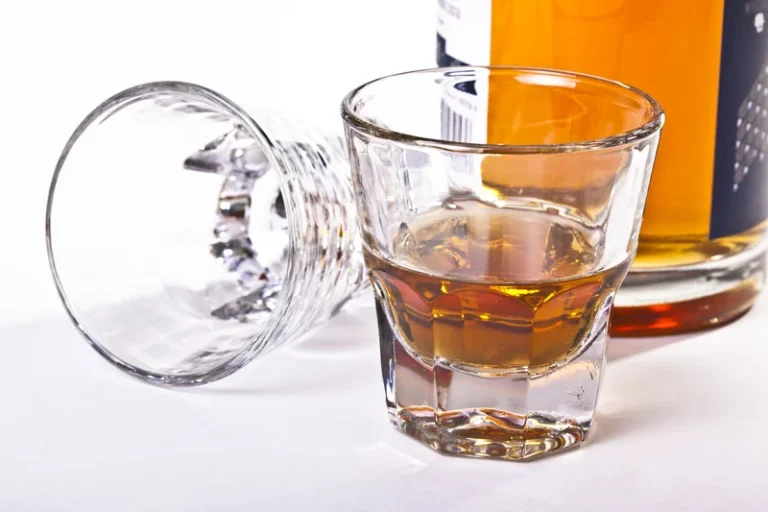Art Therapy: A Complementary Treatment for Mental Disorders

Second, the evaluation methods for the effectiveness of art therapy need to be as diverse as possible. It is necessary for the investigation to include not only subjective scale evaluations, but also objective means such as brain imaging and hematological examinations to be more convincing. This practice should be continuously promoted in both hospitals and communities. Fourth, guidelines about art therapy should be gradually formed on the basis of accumulated evidence. Finally, mechanism of art therapy should be further investigated in a variety of ways, such as at the neurological, cellular, and molecular levels.

Draw Your Safe Place
Moreover, the sense of accomplishment that comes from creating something tangible can be incredibly empowering for individuals who may have lost https://ecosoberhouse.com/ faith in their abilities. Communicating through art has several benefits for individuals in recovery. When you take part in art therapy, you can reduce stress and express your emotions positively and safely. If you have a hard time quieting your mind or thoughts of your substance abuse, art can help you slow down the world and make you feel present. Expressive painting encourages individuals to freely express their emotions through color, brushstrokes, and abstract forms.
Explore Categories
- In brief, these studies suggest that art therapy is meaningful and accepted by both patients and therapists.
- Art therapy offers a pathway for individuals to explore their innermost thoughts, emotions, and life experiences through the use of various artistic forms.
- Advances in neuroscience are providing new insights into how creative activities impact the brain, potentially leading to more targeted and effective art therapy interventions.
- In luxury addiction treatment, art therapy adds a unique and enriching experience.
- Skilled art therapists work to create a non-judgmental environment, emphasizing the process over the product and encouraging self-expression without the pressure of artistic perfection.
Tailoring art therapy to individual needs and preferences is crucial for its effectiveness. Some individuals may resonate more with certain materials or techniques than others. A skilled art therapist will work with each person to find the most effective and engaging approaches. Collage making is another powerful tool for exploring emotions and triggers.
Individualized, evidence based treatment, to fit your needs.
If you or a loved one are suffering with substance abuse or addiction and want further help, Contact Steps Recovery Centers. Expression through art can help individuals communicate their feelings and take the next steps to recover. It’s known to be therapeutic and supportive in developing self-awareness and exploring emotions.
Overview of Addiction and Substance Use Disorder
Employing this approach not only assists people in picturing the strides made on their road to recovery, but it also promotes an increase in self-awareness and reinforces motivation for continued progress. One of the important aspects of art therapy is that it is not art perfection. Use art therapy to make something you can carry with you that will encourage you when you need it. Whether it’s a piece of jewelry, a keychain or clothing, you can add images, words or colors that remind you of how you want to feel.
Substance Abuse Treatment Programs
It has many benefits, including providing an outlet for self-expression and helping with personal discovery. Poetry writing can be particularly effective for expressing complex feelings and experiences. Creating personal Oxford House narratives allows individuals to reframe their addiction story and envision a positive future. Alternative therapies are most effective when integrated with evidence-based treatments. They provide additional tools for self-expression, relaxation, and personal growth throughout the recovery journey. Art therapy, as a therapeutic modality for addiction recovery, does not necessitate any prior expertise or experience in art.

People also often need time and space to process issues like trauma or abuse. So when you’re struggling to express yourself but still crave emotional release, art therapy can help. No artistic skill is required for art therapy; the key is a willingness to engage in the process. A trained therapist guides these sessions, which are adaptable settings like group counseling and medication-assisted treatment. These may include standardized questionnaires and scales specific to addiction recovery. Through character work, individuals can gain perspective on their own experiences and those of others affected by their addiction.
Find Treatment

It replaces old harmful habits with something constructive and satisfying. If you’re ready to explore a unique and enriching path to recovery, our art therapy program at Woodland Recovery Center offers a nurturing environment to heal and rediscover your creative spark. Led by experienced therapists, our program is tailored to integrate seamlessly with other treatment modalities, ensuring a comprehensive approach to your recovery. All of these art projects can either be done one-on-one with an art therapist or in a group setting. Other than following the directives, there are no guidelines about what a client can or cannot portray, nor a right or a wrong.
- It’s not about creating masterpieces or becoming the next Picasso—it’s about the process, the journey of self-discovery that unfolds as you put pen to paper, brush to canvas, or hands to clay.
- The need for additional empirical research is cited that may improve the efficiency and effectiveness of art therapy and mental health treatment.
- By working together to create a large-scale artwork, participants can develop social skills, build trust, and feel a sense of belonging within their recovery community.
- Studies are often small and inconclusive, so further research is needed to explore how and when art therapy may be most beneficial.
- Art provides a universal language, a way to express the inexpressible, and a safe space to explore the complexities of the human psyche.
- Before starting the therapy sessions, it is essential to clearly define the purpose of the group.
As we wrap up our exploration of art therapy in recovery, it’s clear that this powerful approach offers a unique and art therapy activities for addiction recovery valuable tool for healing. By tapping into our innate creativity, we can unlock new pathways to understanding, growth, and recovery. Whether you’re struggling with addiction, mental health challenges, or simply seeking a deeper connection with yourself, art therapy offers a colorful path forward. Visual arts provide a powerful outlet for individuals in addiction recovery. Painting, drawing, and sculpture allow clients to externalize inner experiences and emotions that may be difficult to verbalize.
